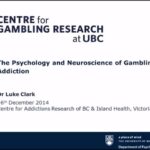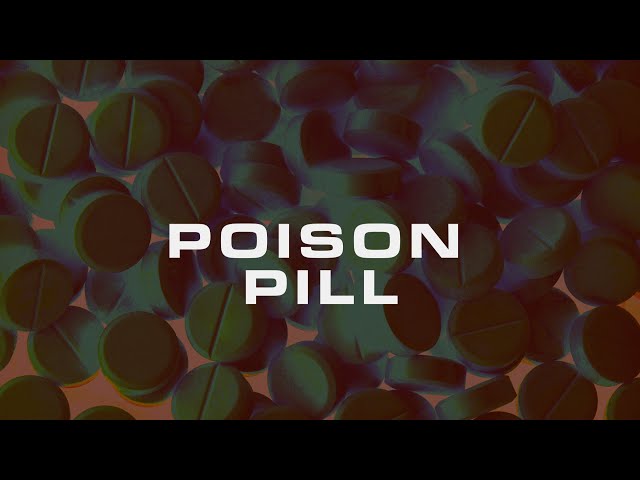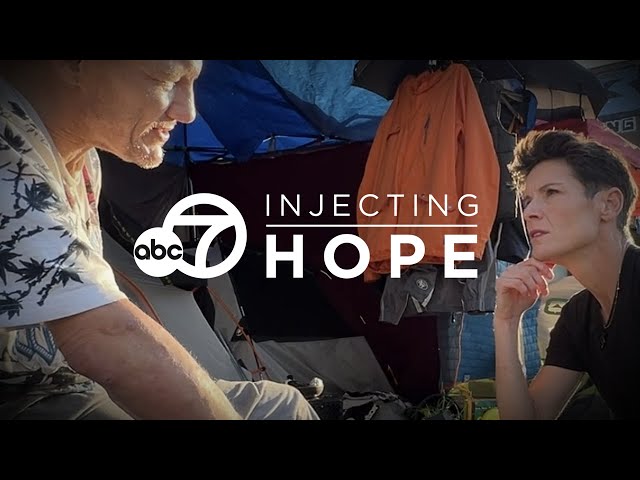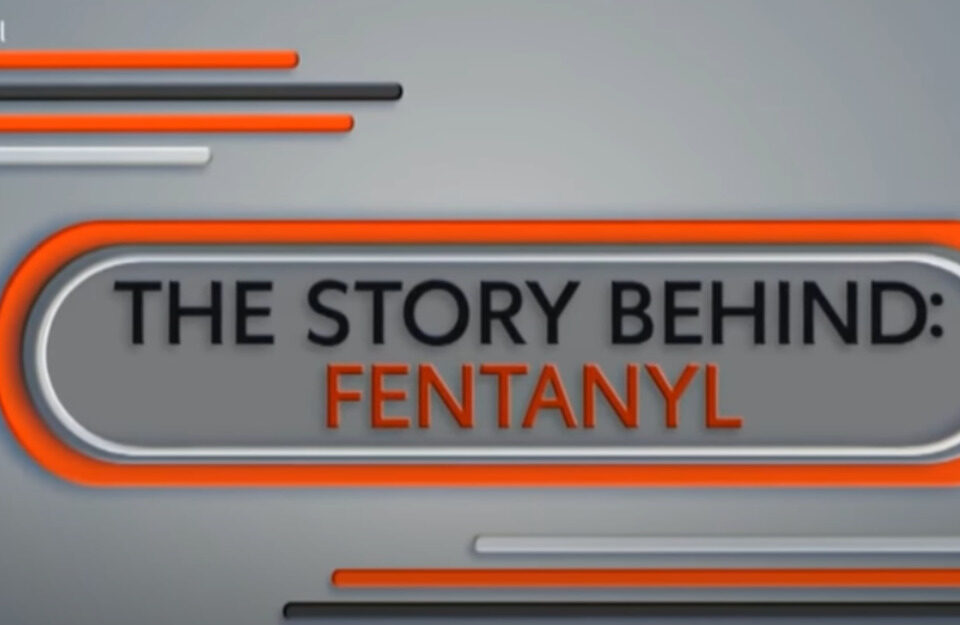Introduction
Understanding Joy enters the mind of Joy, a 57-year-old woman whose gambling addiction has overcome her sense of morality and driven her to embezzle $700,000 from two employers. As she awaits sentencing for her crime, Joy struggles to explain her disease to her children, to the world, and to herself. [source]
The following document was produced by the same organization that presented this documentary, and discusses it as well. The Maryland Center of Excellence on Problem Gambling – Annual Report 2024: Growth & Commitment [PDF]
The video is dedicated to the memory of Joanna Franklin, a director of the center. You can watch a video tribute to her here.
Watch Now!
After watching the following video, you are welcome to share your experience by providing a review of the resource.
Quotes
“We know that in the brain of folks who compulsively gamble, that part of the natural rewards center of our brain is sort of hijacked by the behaviour. The brain is craving this rush which it can’t produce on its own after a certain point and it needs the person to get it externally from the behaviour .. it’s like being a drug addict, it’s like sitting at the slot machine and being hooked up to an IV morphine drip.”
“The behavior has to be ratcheted up a notch, you have to gamble with more money, you have to take riskier gambles in order to produce the same chemical rush that you had when you started doing the behavior, and this leads to sort a vicious cycle where the person really is sort of bound by their brain and they feel almost robotic.”
“I just can’t get over the fact that I did this and that I stole money and that it went against everything I taught my kids when they were growing up – you don’t steal you don’t lie you don’t cheat.”
“It got to the point where I was spending my rent money, all my bills – I just didn’t care. I was chasing it. I thought I’m going to hit it, I’m going to win and I can pay all my bills, and so I started taking money from the company I work for and with every intention of I’m just going to take this $200 and I’m gonna hit, I’m gonna put it right back, they’ll never know.”
“If somebody wants to abstain and be in recovery, you damn sure better figure out why it is that you’re doing what you’re doing or you guarantee that you’re going to relapse or you’re going to take on another addiction, because all those forces at work that have birth to the addiction in the first place are still there.”
“They know they’re violating their moral codes, that they’re doing all these illegal behaviours, but they’re so driven and then so desperate. Once you start going down the hole and you start recognizing that now you’re $40,00, $50,000 in debt, that desperation sets in and it’s a survival thing.”
“My plan was to go in this hotel, take all these pills that I had been saving up for months and months, and die – that’s all I wanted to do, I just wanted to die.”
“About 20% of all folks with a gambling disorder have made a suicide attempt.”
“We have brain scans that show even one episode of playing slot machines changes brain patterns, so the behaviour does the same thing biochemically to your brain that any addictive substance does and makes it just as hard to go through the withdrawal, through the cravings, through the tolerance of that substance.”
Continue Learning
Please view the following additional resources to continue learning about some of the topics discussed in this resource. If you have any suggestions, concerns or general comments, feel free to contact me as well!





